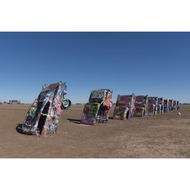
(View Complete Item Description)
The Anatomy Quizbook is an interactive learning book that will help students and tutors – indeed anyone interested in anatomy – learn, test and improve their knowledge of the human body.
Readers are presented with carefully selected questions and diagrams addressing core learning in clinically-relevant anatomy. This selective rather than exhaustive approach will especially suit time-poor scholars. Regular self-testing will also ensure a robust and strategic understanding of the subject matter.
In this first Volume, you can develop your knowledge of fundamental anatomy, including clinically-relevant terminology and the significant parts and operation of the:
- Thorax, focusing on the heart, lungs, and associated bones, muscles, nerves, blood and lymphatic vessels.
- Abdomen, exploring the stomach, intestines, pancreas, liver, gallbladder, kidneys, spleen and their supporting structures (muscles, nerves, blood and lymphatic vessels).
- Pelvis, examining the bones, ligaments, vessels and nerves of the pelvic region, the features of male and female pelves, and the major digestive and excretory organs (colon, rectum, bladder and urethra).
Whilst developed primarily for students who are studying, or intend to study, medicine, the Anatomy Quizbook will reward all readers who seek to explore and learn about the workings of the human body.
Regular users will find much to learn and build on, hopefully leading to further enthusiasm for a valuable subject that underpins much of medicine.
Material Type:
Textbook
Author:
Kerry G. Baker



















